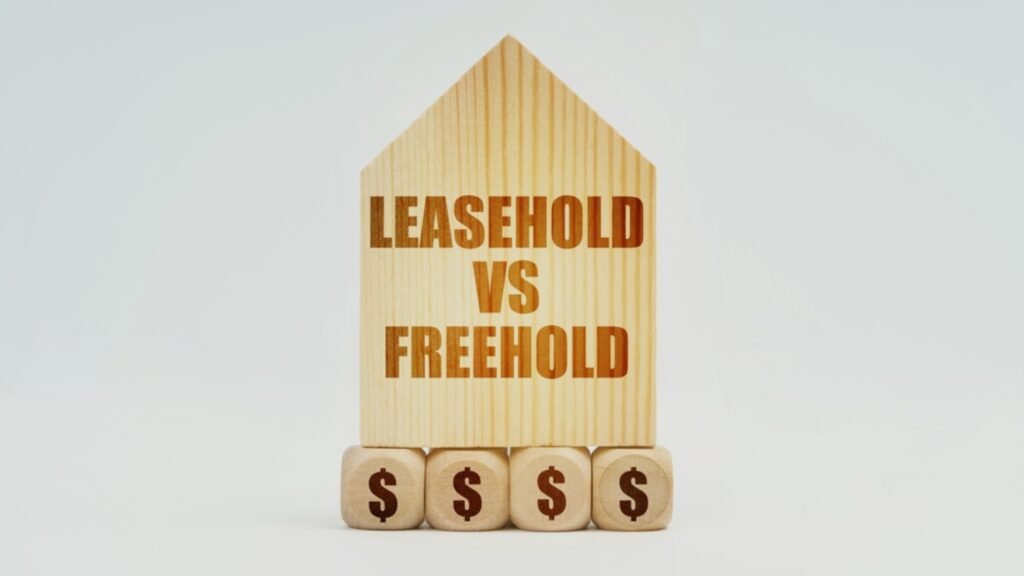When considering property purchases in the UAE, particularly in dynamic markets like Dubai and Abu Dhabi, it is crucial to understand the distinction between freehold and leasehold ownership. Each option comes with its own benefits, limitations, and long-term implications. Here’s a comprehensive guide to help buyers make informed decisions.
Freehold Property Ownership
Definition:
Freehold ownership grants the buyer complete and perpetual ownership of both the property and the land it occupies. This means the owner has full rights to sell, rent, or modify the property, subject to local regulations.
Key Benefits:
- Full ownership and control: Owners have the freedom to make decisions regarding their property.
- Long-term capital appreciation: Freehold properties often appreciate over time, making them attractive for investment.
- Inheritance rights: The property can be passed on to heirs.
- Residency eligibility: Some freehold properties qualify for long-term residency visas, such as the Golden Visa, if they meet specific value criteria.
Considerations:
- Typically involves a higher initial purchase price compared to leasehold properties.
- Owners are responsible for all maintenance, service charges, and community fees.
- Legal and financial obligations should be carefully reviewed before purchasing.
Leasehold Property Ownership
Definition:
Leasehold ownership grants the buyer the right to occupy and use a property for a fixed period, typically ranging from 10 to 99 years. The land remains owned by the freeholder (landlord), and ownership reverts back to them upon lease expiration unless renewed.
Key Benefits:
- Lower upfront costs: Leasehold properties are usually more affordable than freehold options.
- Maintenance responsibility: In some cases, the freeholder may be responsible for major maintenance.
Considerations:
- Ownership is limited to the lease term, and renewal terms may be uncertain.
- The property reverts to the freeholder when the lease expires.
- Any modifications or alterations may require approval from the freeholder.
- Leasehold properties do not qualify for residency visas such as the Golden Visa.
Key Differences Between Freehold and Leasehold Properties
| Factor | Freehold Property | Leasehold Property |
|---|---|---|
| Ownership | Full and perpetual ownership | Temporary ownership for a fixed term |
| Control | Complete control over the property | Limited control with restrictions on modifications |
| Cost | Higher initial purchase price, owner responsible for maintenance | Lower upfront cost, freeholder may handle major maintenance |
| Investment Value | Strong long-term investment, potential for appreciation | Value may depreciate as lease term nears expiration |
| Residency Visa | Can qualify for long-term residency visas (e.g., Golden Visa) | Does not qualify for property-related visas |
Important Considerations Before Buying Property in the UAE
- Conduct thorough due diligence: Always research the legal and financial aspects of a property before purchasing.
- Seek legal advice: Consulting a real estate lawyer can help clarify ownership terms and obligations.
- Understand lease terms: If considering leasehold property, ensure you fully understand renewal policies, maintenance responsibilities, and any restrictions.
- Check land department regulations: Each emirate in the UAE has specific property laws and regulations that buyers must adhere to.
Choosing between freehold and leasehold property in the UAE depends on individual goals, budget, and long-term investment plans. Freehold properties offer full ownership and investment potential, while leasehold properties provide a more affordable entry into the real estate market. By understanding the differences, buyers can make informed decisions that align with their financial and lifestyle objectives.



